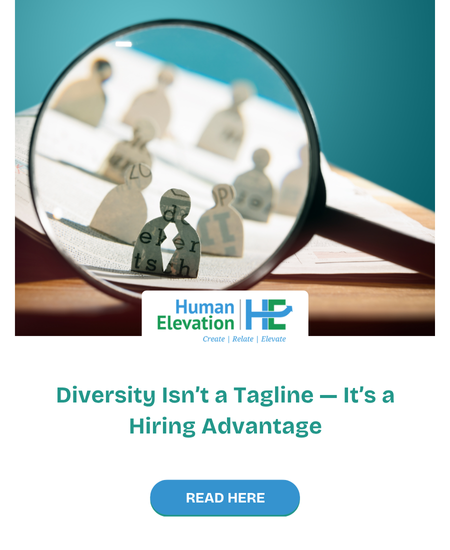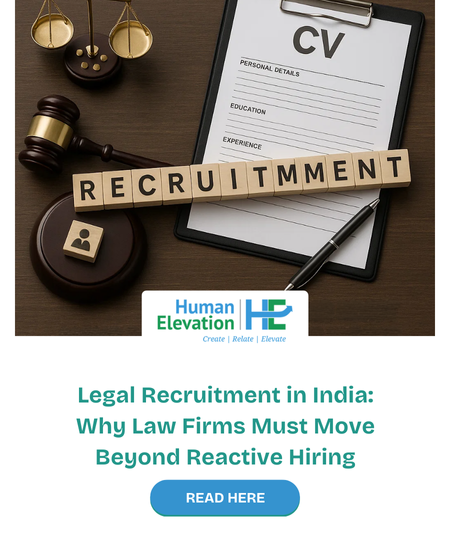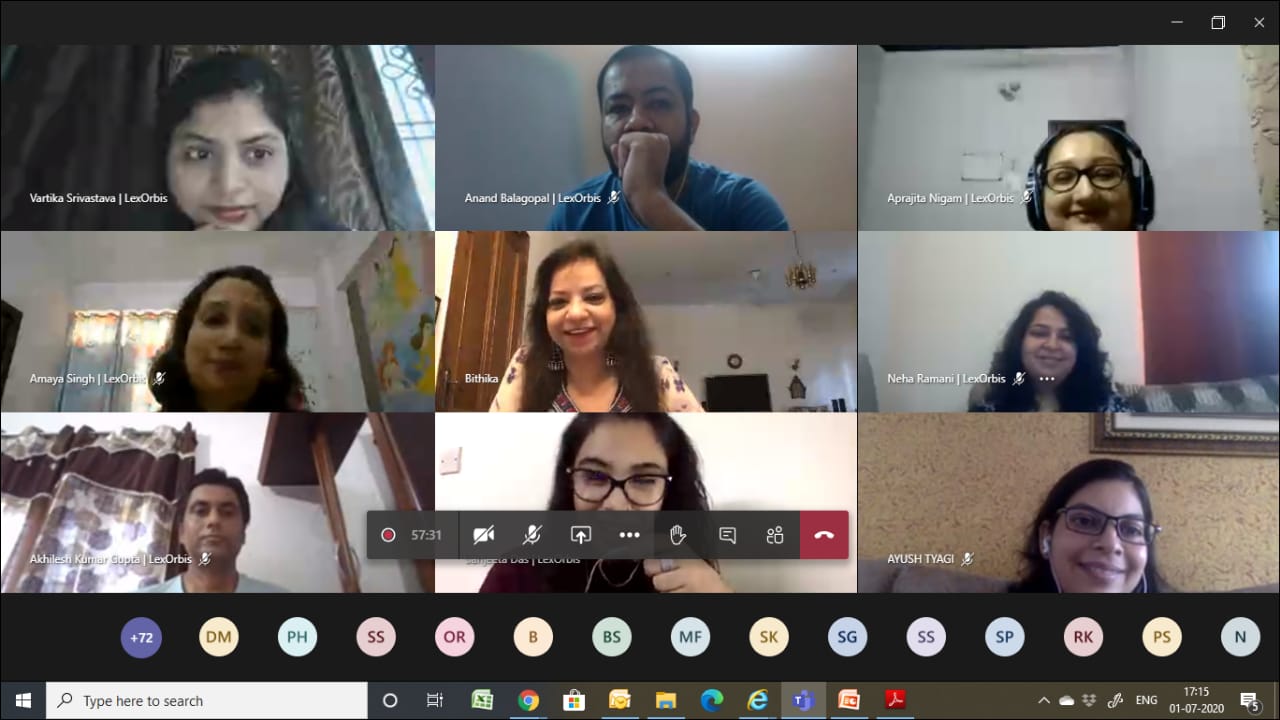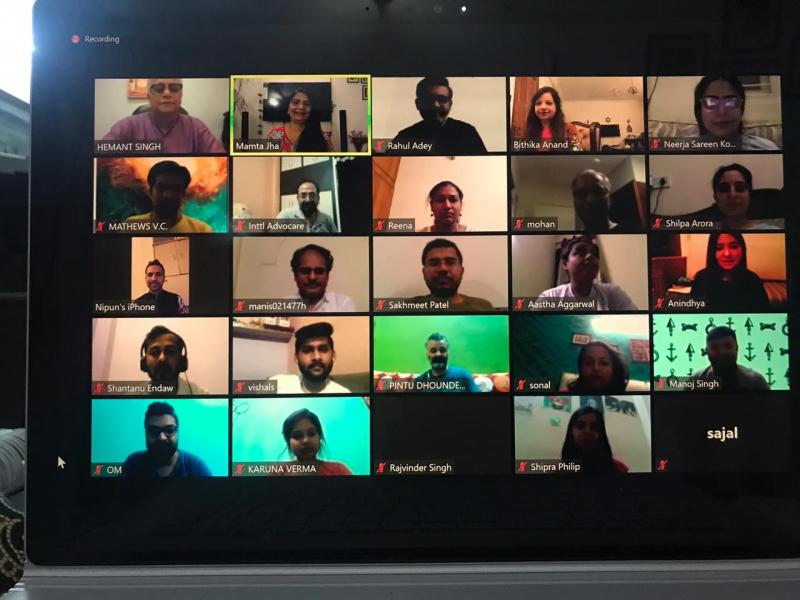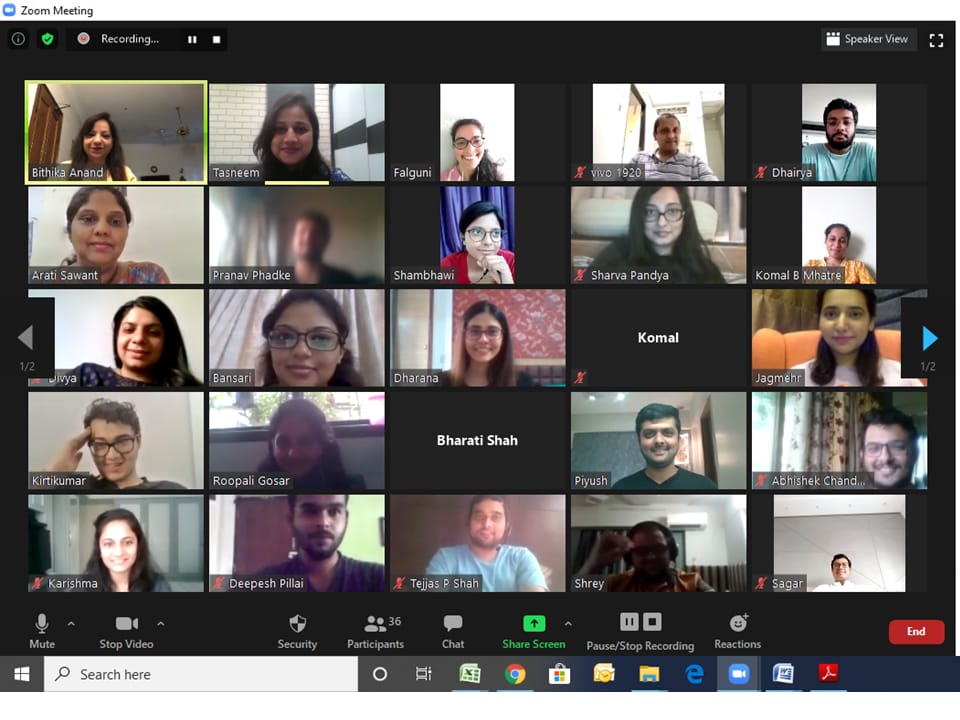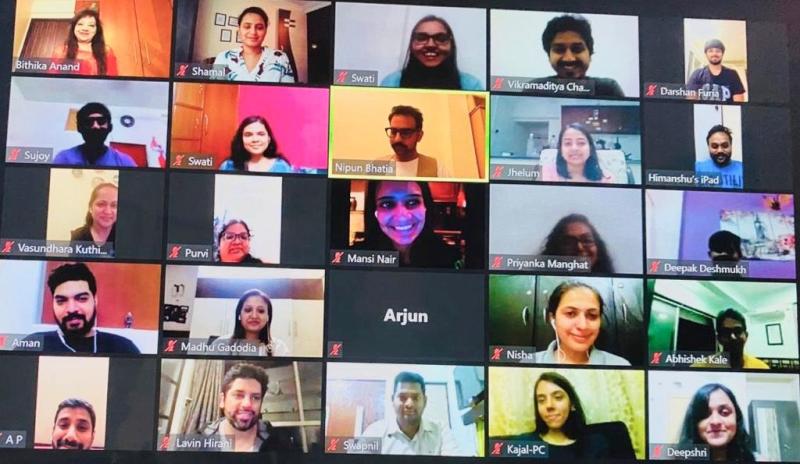In today’s competitive business landscape, diversity, equity, and inclusion (DEI) have evolved from buzzwords to business imperatives. The legal industry, in particular, has been experiencing a transformation—one driven by client expectations, evolving workforce demographics, and the growing recognition that diverse teams consistently deliver superior outcomes. For law firms striving to remain competitive, the message is clear: diversity isn’t just good ethics—it’s good business.
At Human Elevation (HE), we believe that inclusive hiring isn’t about ticking a box; it’s about unlocking potential. As a leading recruitment agency in India, we help firms create hiring pipelines that reflect the diversity of the world we live in—empowering organizations to attract, retain, and elevate talent that drives innovation and success.
The New Business Case for Diversity in Law
Historically, law firms have been measured by prestige, client rosters, and billing numbers. But the modern client has become far more discerning. Today’s global organizations expect their legal partners to reflect the values they champion—diversity, transparency, and social responsibility.
Research consistently shows that diverse teams outperform homogeneous ones. McKinsey’s “Diversity Wins” report found that companies in the top quartile for gender diversity on executive teams were 25% more likely to experience above-average profitability, while those with ethnic and cultural diversity outperformed by 36%. These aren’t abstract ideals—they are tangible business outcomes.
When law firms intentionally recruit and promote individuals from different backgrounds—gender, ethnicity, socioeconomic status, ability, and thought—they cultivate stronger collaboration and more nuanced problem-solving. This diversity of perspective not only enriches client relationships but also enhances the creativity and precision of legal work.
From Compliance to Culture: Redefining DEI in Recruitment
For too long, DEI initiatives in professional services were viewed as compliance checkboxes. Firms sought to meet minimum diversity quotas without truly transforming the culture behind those numbers. However, this approach fails to address the underlying systems that limit opportunity and engagement.
Modern recruitment must move beyond representation to equity and inclusion. This means:
- Building transparent hiring processes that reduce bias.
- Expanding candidate sourcing to include underrepresented groups.
- Ensuring that all hires, once onboarded, feel supported, respected, and valued.
At Human Elevation, our approach to DEI recruitment is holistic. We work closely with partners and HR leaders to assess their current systems, identify barriers to inclusion, and design strategies that encourage long-term change. Whether it’s through blind hiring techniques, inclusive job descriptions, or mentorship programs, we focus on creating sustainable pathways for diverse talent to succeed.
The Role of Recruitment Agencies in India’s DEI Evolution
India’s legal and corporate sectors are undergoing a paradigm shift. The next generation of professionals is demanding workplaces that reflect fairness, purpose, and growth. Yet, traditional recruitment models often struggle to adapt.
That’s where recruitment agencies in India like Human Elevation come in. Our role extends far beyond filling vacancies—we act as strategic partners, helping organizations build inclusive cultures from the ground up.
Here’s how:
- Widening Access: We connect firms with candidates from diverse educational, geographic, and cultural backgrounds.
- Reducing Unconscious Bias: Through structured interviews and behavioral assessments, we help eliminate subjective bias from hiring decisions.
- Building Inclusive Pipelines: We support long-term talent strategies that ensure diversity at every level—from entry roles to leadership positions.
- Training and Awareness: We provide DEI workshops for hiring managers to foster empathy and awareness in the recruitment process.
By integrating these practices, recruitment agencies become catalysts for systemic change. The result? Firms that are not only more diverse but also more resilient, adaptable, and successful.
Creating Spaces Where People Belong
Inclusion doesn’t stop at hiring. The true measure of a firm’s success lies in its ability to make people feel seen, supported, and heard. Studies show that employees who feel included are 3.5 times more likely to contribute to innovation and 5 times more likely to stay with their organization.
Inclusive environments empower individuals to express ideas freely, challenge assumptions, and collaborate effectively. For law firms, this translates into sharper legal arguments, more empathetic client service, and a stronger sense of shared purpose.
At Human Elevation, we help firms design workplace frameworks that foster belonging—from onboarding experiences that emphasize inclusion to ongoing mentorship programs that ensure every team member has a voice.
The Future of Hiring: Purpose Meets Performance
As technology reshapes the recruitment landscape, human-centered values remain at the core of successful hiring. Artificial intelligence can screen resumes and predict job fit, but it can’t replicate empathy, perspective, or lived experience—the very qualities that define diverse teams.
The most forward-thinking firms understand that diversity is a long-term investment in innovation and culture. It enhances problem-solving, attracts top-tier clients, and builds organizations that reflect the diverse societies they serve.
By partnering with a recruitment agency in India that prioritizes DEI, firms can future-proof their hiring strategies—creating workplaces where talent thrives and authenticity drives performance.
Conclusion
Diversity isn’t a tagline—it’s a hiring advantage. It’s what transforms a group of professionals into a team of innovators. For law firms and corporations alike, embracing DEI is not just about representation; it’s about redefining excellence itself.
At Human Elevation, we are proud to champion this evolution. We help firms strengthen their recruitment pipelines, widen access, and build environments where people from all walks of life can grow, contribute, and lead.
Because when everyone has a seat at the table, the whole organization rises.

